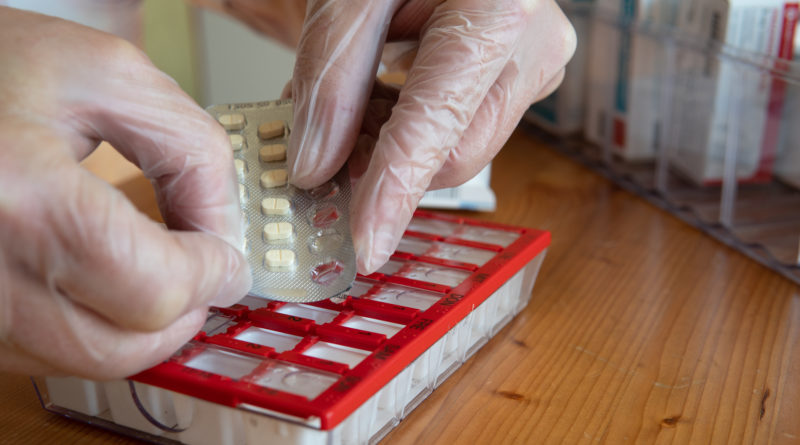A No-Deal Brexit Could Lead To Medicine Scarcity
6,823 total views, 1 views today
During Theresa May’s tenure as Prime Minister of the U.K., she worked toward a gradual Brexit, one in which the U.K. would transition out of the European Union (EU) over the course of 21 months. However, with Boris Johnson’s recent ascension to the role of U.K. Prime Minister, the country is all but certain to depart the EU on October 31st without a transition period. This situation, known as a “no-deal Brexit,” would likely lead the U.K. into a period of intense economic stress.
One such stress could be an exaggeration of the already-growing medicine shortage that both the U.K. and the entire European continent have faced in recent years. Many EU states are already struggling to access and distribute certain medicines. In 21 EU member-states, challenges with drug production and regulation have hampered citizen access to several drugs, including many vaccines.
In preparation for additional disruption, some pharmaceutical companies have reserved ample air freight capacity to increase the chances that citizens can still properly access their medicines in the event of a full-blown medicine shortage. Currently, the U.K. exports 45 million medicine packs to other European countries, a £12 billion trade that a no-deal Brexit could jeopardize.
If a no-deal Brexit does occur on October 31, certain drugs might no longer have governmental approval to be exported from Britain. The European Medicines Agency (EMA), which regulates drugs for the EU, has insisted that most of the nearly 400 medicines impacted by Brexit will be safe no matter how the U.K. departs the EU. However, there remain three drugs in need of EU-wide approval, though the EMA has not stated which drugs are in question. Only the EMA can legalize the sale of drugs and medicines in all 28 EU member-states.
Additionally, the U.K. leaving the EU would essentially establish a formal border between the two, meaning that customs controls at U.K. borders and ports could dramatically disrupt the supply chain of medicines and the chemicals required for their manufacturing. According to industry data, there is an annual flow of 1 billion medicine packs into and out of the U.K.
Although the volume of medicine exported and imported into the U.K. annually is massive, the country has often been just minimally involved in authorizing its usage. As an EU member, the U.K. is currently able to sell all drugs that the EU authorizes, even if the U.K. itself has not authorized these medicines. In a no-deal Brexit, these drugs would immediately have no legal standing in the U.K., requiring the newly-independent country to reauthorize hundreds of medicines that are currently widely available.
Even ahead of Brexit, U.K. larger drugstores have been “stockpiling” certain medicines in anticipation of a supply chain disruption. These larger drugstores have sometimes refused to sell these medicines to smaller pharmacies, in turn cutting off medicine access to citizens who depend on these community pharmacies. In a no-deal Brexit, such supply chain disruptions would only multiply and worsen.

